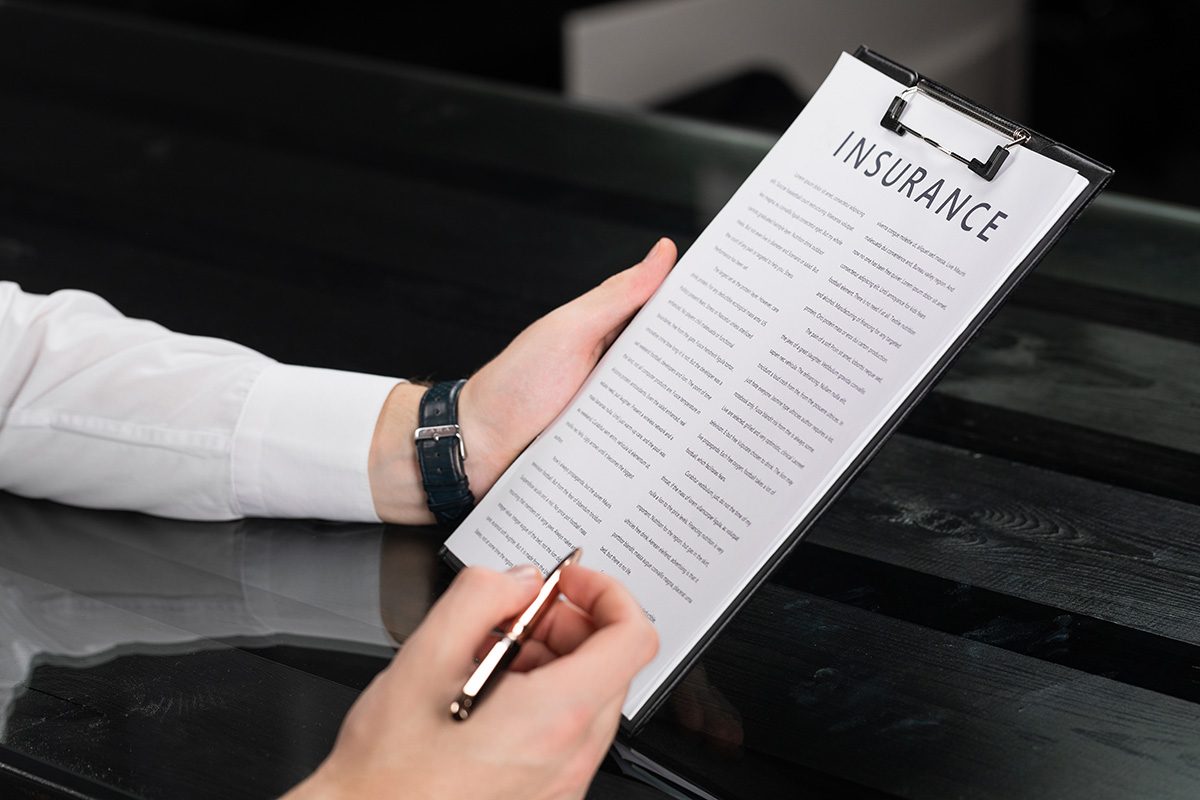
Your Tech Is Your Tool – What Your Pharmacy Needs – with Pete Tzimos
It can be bloody tricky to sort the wheat from the chaff when it comes to what IT you need for your pharmacy. Every man…

It was 2016 when I called my accountancy firm and said I wanted to cut my insurance. I’d just relocated my pharmacy; business was tight and I was sick of paying such big bills every month. I distinctly remember saying, mate, I’m only 34 – nothing is going to happen. My accountant talked me out of cutting everything and instead helped me to work out what insurance I needed and where I could pay less premiums.
Three months after that initial phone call, I had a heart attack that nearly left me dead. I shit you not. I was at home, playing with my little daughter and boom – I woke up three days later from a coma in Intensive Care, lucky to be alive.
I was sitting in the hospital feeling pretty sorry for myself when my wife came in and said my insurance company wanted to talk. The company wanted to give me a significant amount of money because of that life-changing scare. What that did to us as a family after an event like that was huge. It meant I didn’t have pressure to rush back to work and could take six-weeks to get myself back together and then go back to work when I was ready. It meant I had some cash behind me so I didn’t have to go back full time but instead I could take the time I needed to really get my priorities straight. It gave me the support to change my business and pivot to where I wanted to go, eventually setting up Beezwax Business Solutions. It was really significant for us as a family.
In light of this, I thought it would be beneficial to talk to an expert about what pharmacy specific insurance you should be looking into and why. Financial advisor Treanna Michlik has been working at Melbourne’s JPH Group for over 12 years, forming a strong interest in the personal insurance aspect of financial planning, also known as ‘Asset Protection’. “Asset Protection is often overlooked by many clients as most people tend to think that nothing will ever happen to them,” Treanna says. “However, when you deal first hand with clients who are in unfortunate positions which led to a claim, you see the value and importance of the cover. It can save people from having to sell their family homes or businesses, and just generally takes the pressure off loved ones at a very stressful time in their lives.”
Every pharmacist’s situation is obviously different and there’s no one size fits all when it comes to asset protection, however it’s critical you think about what you want to protect if an unfortunate illness, traumatic event or injury were to occur. “Most pharmacists that we deal with who operate as a sole trader or in a partnership would most likely have borrowed money to purchase the pharmacy and would therefore want life cover to pay off their pharmacy debt in the event of premature death, rather than leaving the debt for their loved ones to deal with. This is often a bank requirement as well,” Treanna says. “However, this is just the bare minimum. If there are children involved, you obviously want to consider having enough money for your loved one to stay in your family home, educate your children and if one partner is the main breadwinner, look to cover this loss of income to the family. Similarly, in the event of total and permanent disability, Total and Permanent Disability cover (TPD) is often used to pay off the pharmacy debt to avoid being forced into selling the pharmacy quickly and possibly at a discounted price.”
“Income protection, in my eyes, is essential; probably the most important cover for small business owners as it enables them to continue to meet their ongoing financial commitments and personal living expenses. When you ask clients, ‘What is your most important asset?’, most will generally say their house, business or other investment assets, all of which would be lost without an income. My answer, to our younger clients is, ‘Your greatest asset is your ability to earn an income’. We deal with smart, educated people that have done the hard-yards to be qualified as a pharmacist, which puts them in a great position to be able to earn a good income for their working life. Therefore, it’s vital to protect it.”
“Trauma cover can be used for a range of reasons; it can cover you for any potential medical costs in the event of a serious traumatic illness or injury, or to take time off work to spend time with the family or like in Pasquale’s situation, it gave him the financial support to wait and sell the pharmacy at a reasonable price as well as allow him to take a step back and set up his new home business.”
“We go through a risk analysis process with our clients which starts off by assessing your assets and liabilities and we then ask a series of hypothetical questions which fleshes out what you want your cover to achieve for you in the event of such situations occurring,” Trenna says. “Everybody’s’ answers are different and I tend to think that if you haven’t gone through such a process before, it’s more than likely that your cover is not set up to achieve your desired results. Some people think they’re insured by their super fund’s cover; however, if they haven’t undertaken proper risk analysis process, they could be over or under insured. Most clients come in and we look at their position and I ask them why they have $300,000 of Life & TPD cover in their superannuation fund and the response 9 out of 10 times is, ‘I don’t know, that’s what they gave me.’ We go much deeper than that. You need to feel comfortable and secure about the amount of protection you have for yourself and your family. We like people to own the number and understand it.”
“In many cases, the banks require appropriate levels of cover as a condition of finance,” Treanna says. “Whether it’s deductible or not will depend on the type of cover and who the ultimate holder of the cover is. Generally speaking, income protection is deductible when held in your own name but if you structure Life and TPD insurance correctly, there’s a possibility of a tax deduction for them as well.”
“The simplest way is to speak to an insurance professional or a financial adviser. They should be able to compare across multiple insurers providers in the market to ensure you are getting the most appropriate policy for you,” Treanna says. “These days, the insurance providers are relying more and more on their network of industry professionals to refer clients to them and we’ve seen this really improving the competition in the market and driving better outcomes for clients.”
“In recent times we’ve seen a lot of insurance providers close down their direct insurance lines and phone sales areas as they’ve come under a lot of scrutiny for their inability to properly assess people’s personal circumstances and desires,” Treanna says. “If you don’t understand what you have and own your own numbers, you are probably being sold the wrong thing and the policy features available. It’s near impossible for these direct insurance lines to recommend appropriate cover when they know very little about someone’s personal circumstances and preferences. I think the industry is changing for the better at the moment, as the cookie-cutter, one size fits all approach is being eliminated and the focus is now very personalised advice, as it should be.
For Treanna, my experience with my health scare was one that deeply affected her too. “What happened to Pasquale had an enormous impact on my life,” she says. “How can a 34-year-old with two kids end up in a coma for nearly a week when he has had no previous health issues? It just highlighted to me what we all know; that none of us are bullet proof, things do happen, and we never ever expect it to be us. Unfortunately, too often we see people think that because they are healthy, nothing is going to happen to them, so they don’t implement appropriate cover. It’s unfortunately a double-edged sword as if they’re lucky enough to get through the event, people then know how important the cover is. Many of these people end up returning to us years down the track after they’ve had a health scare and much to their disappointment, they often aren’t able to obtain the cover they want because of that health scare. It just reiterates the importance of obtaining cover whilst you are healthy, because it could be too late by the time life takes a turn.”
What insurance do you currently have? Does this experience make you reconsider your level of cover? Let us know in our forums here